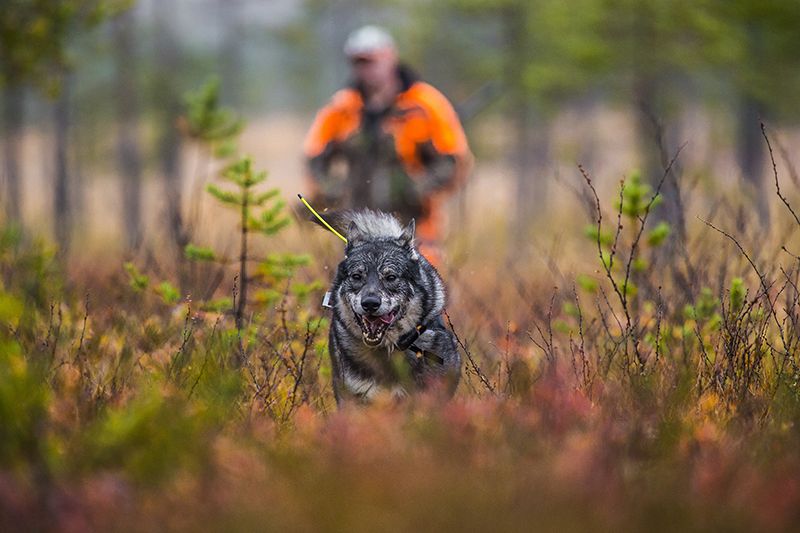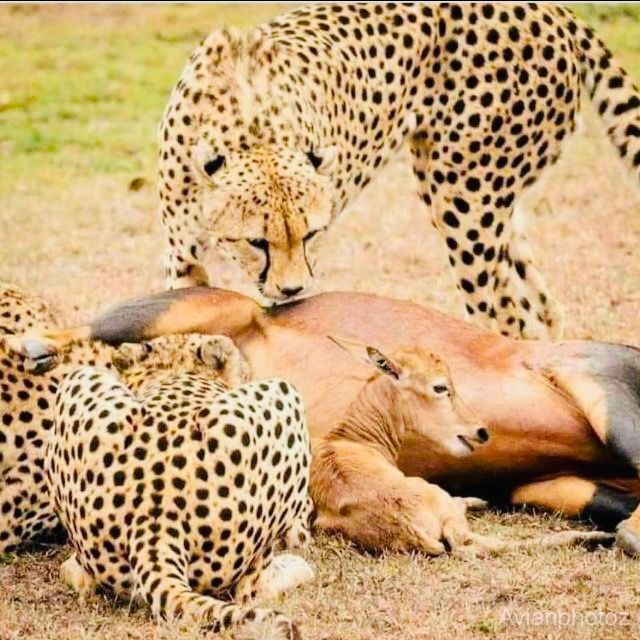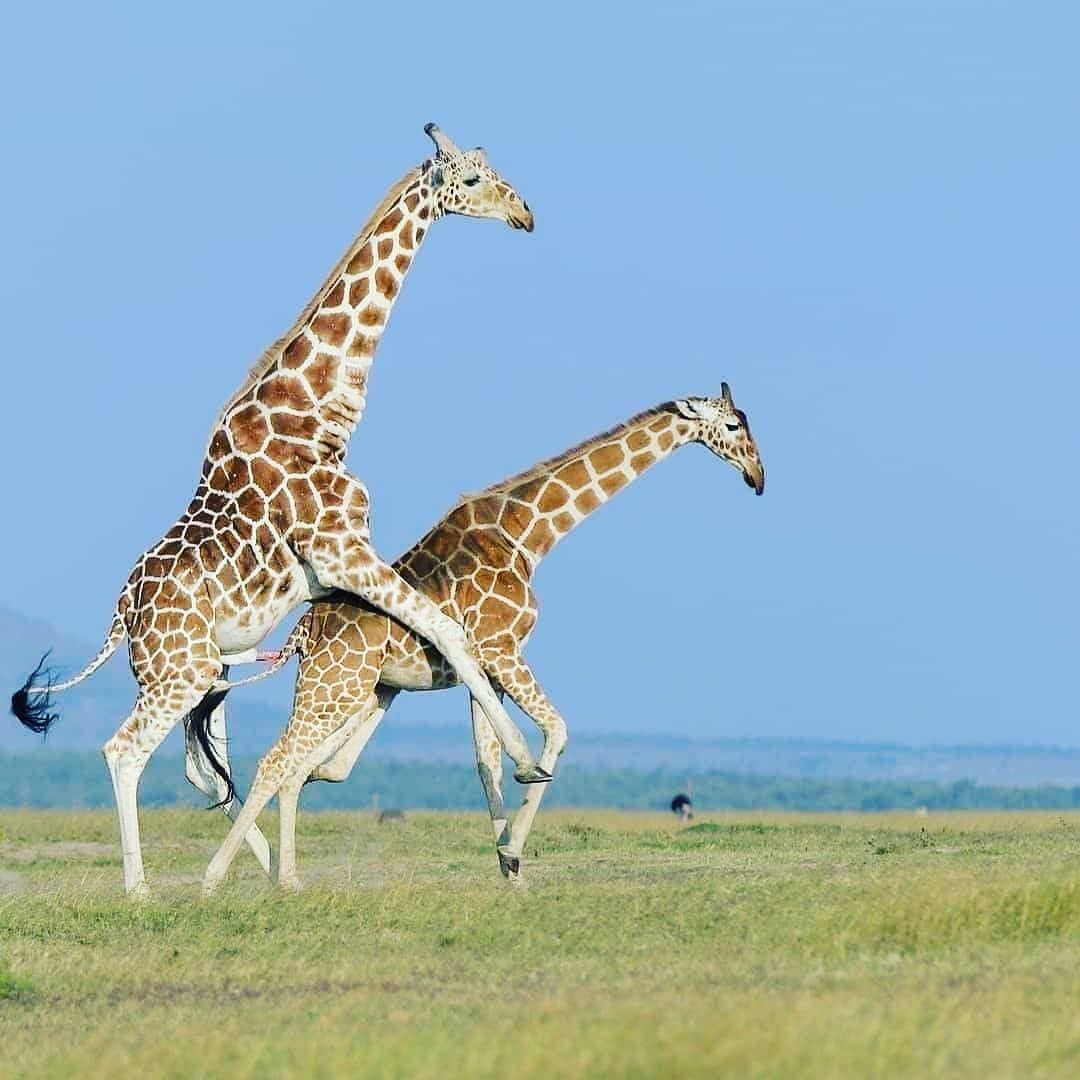

CALVING SEASON
Unlike their close antelopes, topis usually calve at the end of the dry season and have a good success rate.
FEEDING TIME
These animals have two feeding peaks, one in the morning and one in the late afternoon, but they can be found feeding at any time.
MATING PROCESS
Every year, males go to traditional breeding areas, and the females arrive shortly afterwards in small groups or singly. Males approach a female in either a rocking canter or in a low stretch posture, searching for a female in heat. The female shows that she is ready by raising her head and standing tall.
TOMORROW I WILL SHARE BEHAVIORS OF TOPI

Sexual maturity of the female is at 48-60 months, the male is at 42 months. The giraffe mate at any time of the year with the gestation period being between 453 - 464 days. There is usually only one calf, very rarely twins. A giraffe cow in season attracts males from all around, but is soon won by a dominant bull. The male signals his readiness to mate by tapping on the female's hind leg with his foreleg or resting his chin on her back. He usually follows her, sometimes for hours, until she allows him to mount her
Giraffes don't have a set mating season. Instead they have an estrous cycle, which is a lot like the human menstrual cycle (but with less blood and slightly different hormones). The male giraffes don't just mate with the ladies all the time, so they generally try to find a way to determine is the lady is fertile.www.interiorsafarisea.com
Available for 24 hours!
All those who are interested in the
interview, can have a free screening of the Movie “Blood Lions”, to get a
background of the events that led up to this new proposed legislation. The link
to the movie will expire in 5 days. It can be seen at:
https://vimeo.com/134817192 Password: BLF0308
Sign up at Mojostreaming to learn about future events!